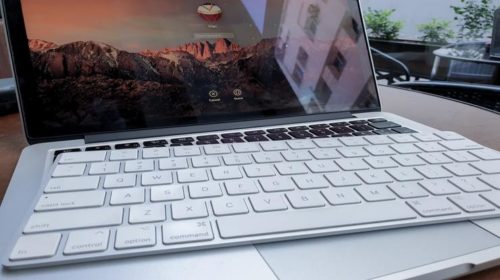What Are Your Options
Since we’re talking about passwords this week, let’s look at how to keep them safe. We briefly mentioned earlier that you have options with password managers. Unfortunately, that may not be the best option for everyone.
Yes, we do read the comments, and we noticed every time we mentioned password managers, there were several people adamantly against them. That’s ok. Not every method is best for every person. Let’s look at some of the different ways people keep their passwords safe.
Password Managers
We’re already talking about them, so let’s start here. I’m a big fan of password managers. They allow me to create a different password for each different account. Instead of needing to remember each of these or hunt for them in a password book, I can store all of them within the encrypted program.
Some devices come with password managers standard. I’m an Apple user, so my phone possesses the ability to store and retrieve passwords for me. Admittedly, I use this feature way too often.
If you aren’t a huge mobile browser, you can still use a password manager on your computer. Here is a PC Matic University informative video on how to begin using password managers.
But maybe another encrypted tool isn’t for you. There are other options.
The Password Book
If you’re anything like my mother, you like to have things catalogued and written down. She keeps her password book updated, categorized, and hidden. Whenever she needs to access an account, she pulls out the book and flips to the correct spot.
There are a few reasons this method could be problematic. First, and probably the most probable, what if you lose the book? It definitely shouldn’t be stored near your computer, so the possibility of losing it is very real.
While it may be easy, albeit time consuming, to change all your passwords if the book is lost, you could still find yourself in some hot water. If you haven’t bothered to remember any passwords, you may find yourself without email access. Most password resets require you to log into your email. Without this ability, you may find yourself going around in circles hoping something eventually clicks.
There’s also the possibility of someone easily stealing all of the passwords to your accounts. Most of the time, people mention that they don’t expect a burglar to break into their home, steal their password book, and drain their savings account. But there’s always the possibility that someone you allow into your home can go snooping.
My Brain Is A Steel Trap
There’s always the option to simply remember your passwords. You may have an excellent memory. That’s all well and good, but let’s be realistic. We’re bombarded daily with a barrage of information. Mental fatigue is real.
The downside to relying on your memory for password safety is that you have to rely on your memory for password safety. This makes you much less likely to use unique passwords for each account. Reusing passwords increases the likelihood that your accounts can be hacked.
Hackers are great for stealing passwords. You’d be amazed at how simple it is to find all of your accounts with just your email. PayPal recently added a feature to show users what accounts were using your PayPal for automatic debits. I was shocked to see linked accounts that hadn’t been used since 2016 still on that list!
Once you create an account or profile, it’s likely that information is there forever. Hackers tend to go after inactive accounts like these for credentials. If you’re remembering your passwords (let’s be honest, you aren’t using many if you’re not saving them somewhere) then the likelihood they could hack an important account increases once they have your information.
While the other two options seem to be personal preference, this is the one we definitely recommend against.
Lock It Up
In the end, how you choose to protect your passwords is up to you. We hope, however, that you’re taking extra steps to keep your information safe. You never know when a hacked Pinterest account can lead to access to your credit card or work email. Remember, it isn’t just your information on the line.
As we work together to #BeCyberSmart this National Cybersecurity Awareness Month, remember that security is everyone’s responsibility. Until next time, stay safe out there.
Photo by Karim MANJRA on Unsplash




